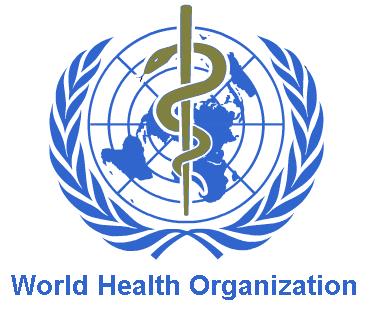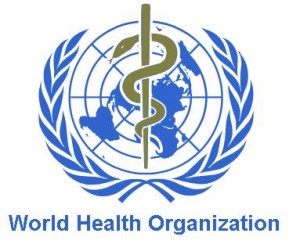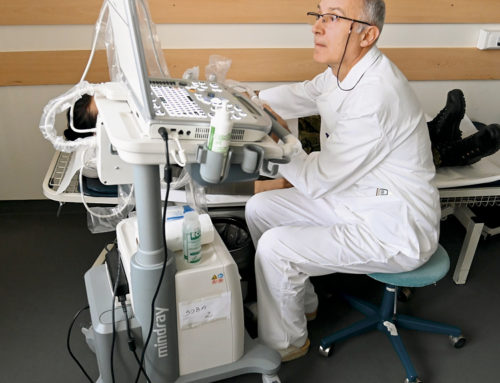The nutritional well-being of pregnant women affects not only their health and their fetuses’ development but also children’s long-term risk of developing NCDs or obesity, according to a new report from WHO/Europe. “Good maternal nutrition. The best start in life” was launched under the auspices of the Minister of Health of Latvia during a consultation on maternal nutrition, taking place in Riga on 27–28 June 2016.
While the importance of good nutrition in the early development of children has been recognized for decades, the report offers a systematized review of the most recent evidence on maternal nutrition and obesity and NCD prevention. The findings confirm that a mother’s nutritional status – including overweight and obesity, excessive gestational weight gain and gestational diabetes – affects not only her child’s health as an infant but also the child’s risk of obesity and related chronic diseases as an adult. In short, maternal nutrition can truly have an intergenerational impact.
Fighting NCDs and obesity through measures to improve maternal nutrition
NCDs are the leading cause of death and disability in the WHO European Region. The need to address the current epidemics of obesity, diabetes and other NCDs is already identified as a major health priority: the European policy framework, Health 2020, and Sustainable Development Goal 3 have specific targets related to NCDs.
The findings of this report further emphasize the need to implement strategies to optimize the nutrition of reproductive-age women. The evidence suggests that such interventions are among the most effective and sustainable means of achieving positive effects on health and reducing health inequalities across the next generation.
Need for guidelines on maternal, newborn and infant nutrition
The report also analyses countries’ recommendations on maternal, newborn and infant nutrition, using the results of a survey completed by 51 of the 53 countries in the European Region. This shows that not all Member States have fully adopted and incorporated WHO recommendations, and that countries vary widely in standards for maternal, infant and young-child health.
As Dr Zsuzsanna Jakab, WHO Regional Director for Europe, writes in the report’s foreword, “The importance of the intergenerational impact of nutrition leads to new policy challenges and raises critical questions about protecting and promoting public health through maternal and infant nutrition.” Accepted guidelines are therefore needed that can be used internationally to inform best practices in this area. Latvia is the first country to use the European guidance, adapted to its needs and circumstances.
Commitment to women’s health throughout the life-course
National governments have committed themselves to reducing health inequalities and improving maternal and child health. These commitments will only be realized through investment in cost-effective and sustainable health promotion measures at the start of the life-course, including efforts to encourage good maternal nutrition. The impact of such efforts will be felt across generations.
The WHO Regional Office for Europe will submit a strategy on women’s health in the European Region for 2017–2021 for approval to the WHO Regional Committee for Europe in September 2016. It identifies key areas for action to reduce health inequities for women, not only for reproductive and maternal health but throughout the life-course. A draft action plan for sexual and reproductive health, also to be considered by the 2016 Regional Committee, suggests concrete actions, including one that links maternal nutrition and child health, to use the preconception, antenatal and breastfeeding periods to ensure a life-course approach to health care delivery, as promoted by the Minsk Declaration on the Life-course Approach in the Context of Health 2020. WHO/Europe developed the draft action plan to contribute to achieving the 2030 Agenda for Sustainable Development in Europe, including its overarching commitment to “leaving no one behind”.
22 October 2015, Minsk, Belarus









